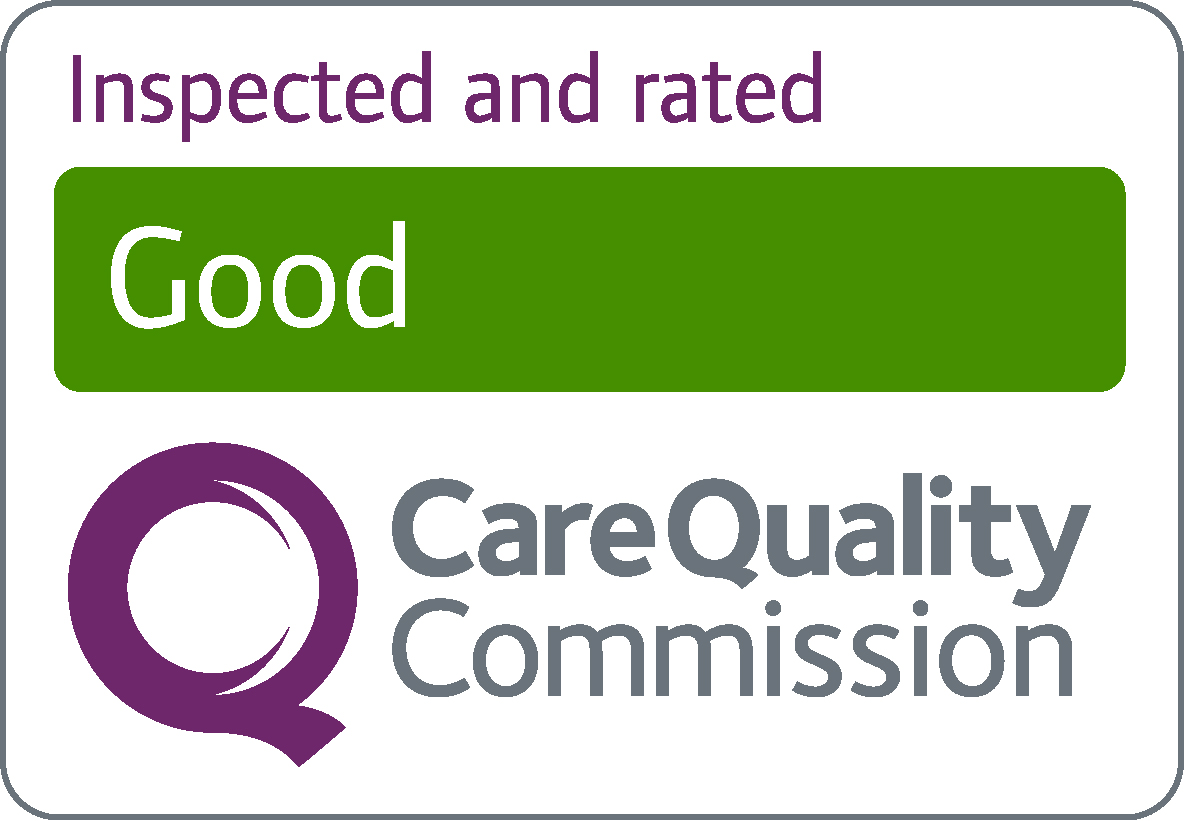January 13, 2025
Iron Tablets vs Iron Infusions: Which Is ‘Better’ for You?
Iron deficiency anaemia can leave you feeling drained and fatigued, and deciding on the right treatment can feel overwhelming. Two common options are oral iron supplements (iron tablets) and iron infusions delivered intravenously. But which one is better?
The answer depends on your individual needs, the severity of your iron deficiency, and how your body reacts to treatment. In this blog, we’ll compare both options so you can make an informed choice.
1. How They Work: Iron Tablets vs Iron Infusions
Iron Tablets
Taken orally and absorbed through your digestive system. They’re slow-acting, and it may take weeks to see a rise in your iron levels.
Iron Infusions
Delivered directly into your bloodstream through an IV drip, bypassing the digestive system for faster absorption (EMC, 2023).
2. Speed of Results
Iron Tablets
Can take 4–6 weeks to show improvements. Some people may need months to fully replenish their iron stores.
Iron Infusions
With iron infusions, noticeable improvements in energy levels often occur within 7–14 days (EMC, 2023).
3. Side Effects
Iron Tablets
Common side effects include nausea, constipation, and stomach pain. Studies have shown that ferrous sulfate supplements can cause significant gastrointestinal side effects, making them difficult for some people to tolerate (Tolkien et al., 2015).
Iron Infusions
Generally well-tolerated, but temporary side effects can include headaches, dizziness, or a metallic taste in the mouth (EMC, 2023).
4. Cost and Accessibility
Iron Tablets
Widely available, inexpensive, and can be purchased over the counter.
Iron Infusions
More costly and often require a doctor’s referral. They’re usually administered in clinical settings, particularly for patients with severe iron deficiency anaemia (EMC, 2023).
5. Who Should Consider Each Treatment?
Iron Tablets
Suitable for mild deficiencies or maintenance therapy after initial iron correction.
Iron Infusions
Recommended for severe anaemia, poor tolerance to oral iron, or when fast results are needed (e.g., pregnancy or post-surgery) (EMC, 2023).
So, Which Is Better? Iron Tablets vs Iron Infusions
If you have a mild iron deficiency and can tolerate tablets, oral supplements are a convenient and affordable option. However, if you need rapid results or struggle with digestive issues, iron infusions may be a better choice.
Always consult your doctor or consultant to decide which treatment is right for you.
Need more advice or looking to book an iron infusion? Click here and let’s get you on the road to recovery!
References
- Electronic Medicines Compendium (EMC), 2023. Ferric Carboxymaltose (Ferinject) – Summary of Product Characteristics. Available at: https://www.medicines.org.uk/emc [Accessed 10 Dec 2023].
- Tolkien, Z., Stecher, L., Mander, A. and Pereira, D., 2015. Ferrous sulfate supplementation causes significant gastrointestinal side-effects in adults: a systematic review and meta-analysis. PloS one, 10(2), p.e0117383.



